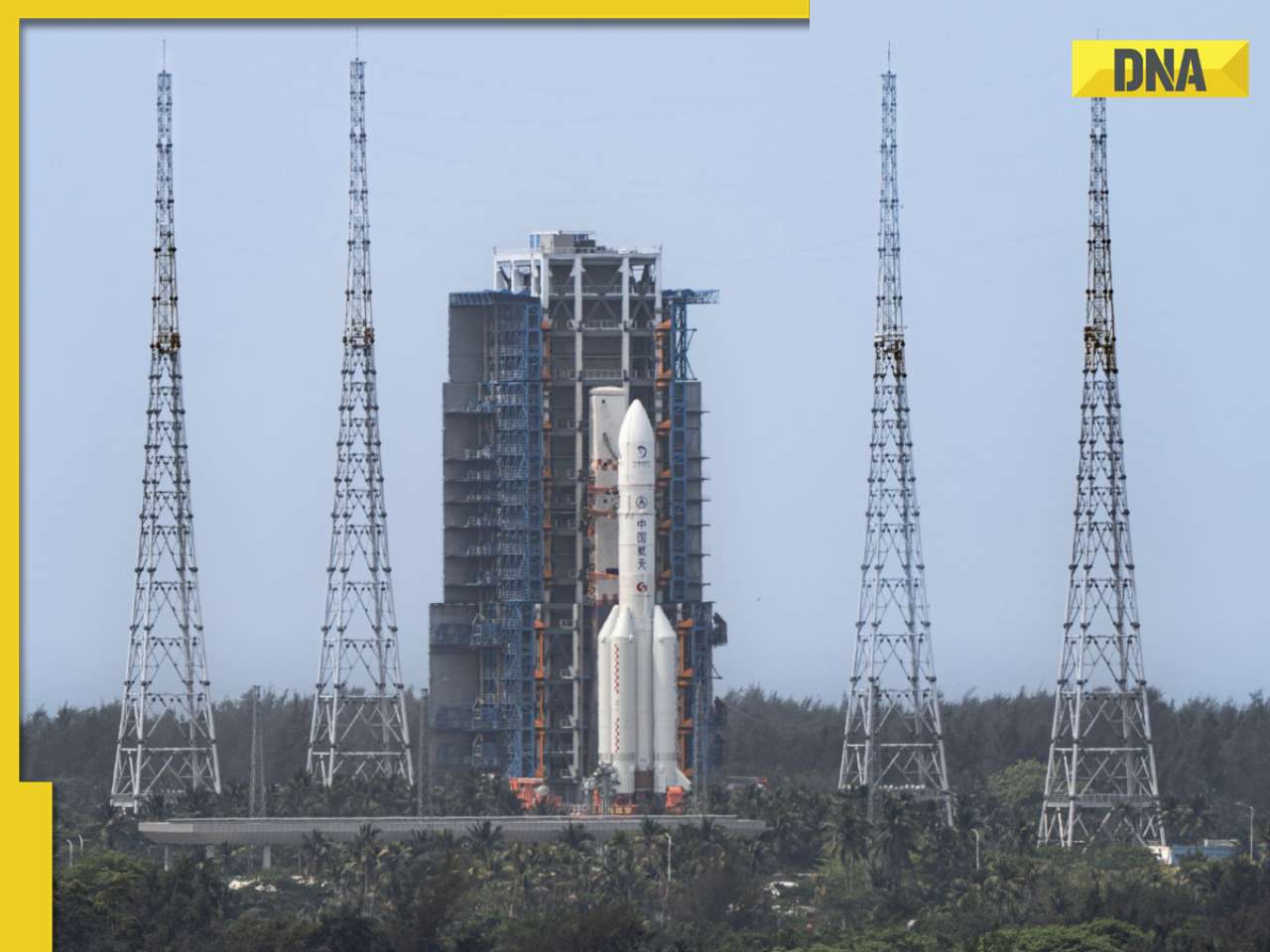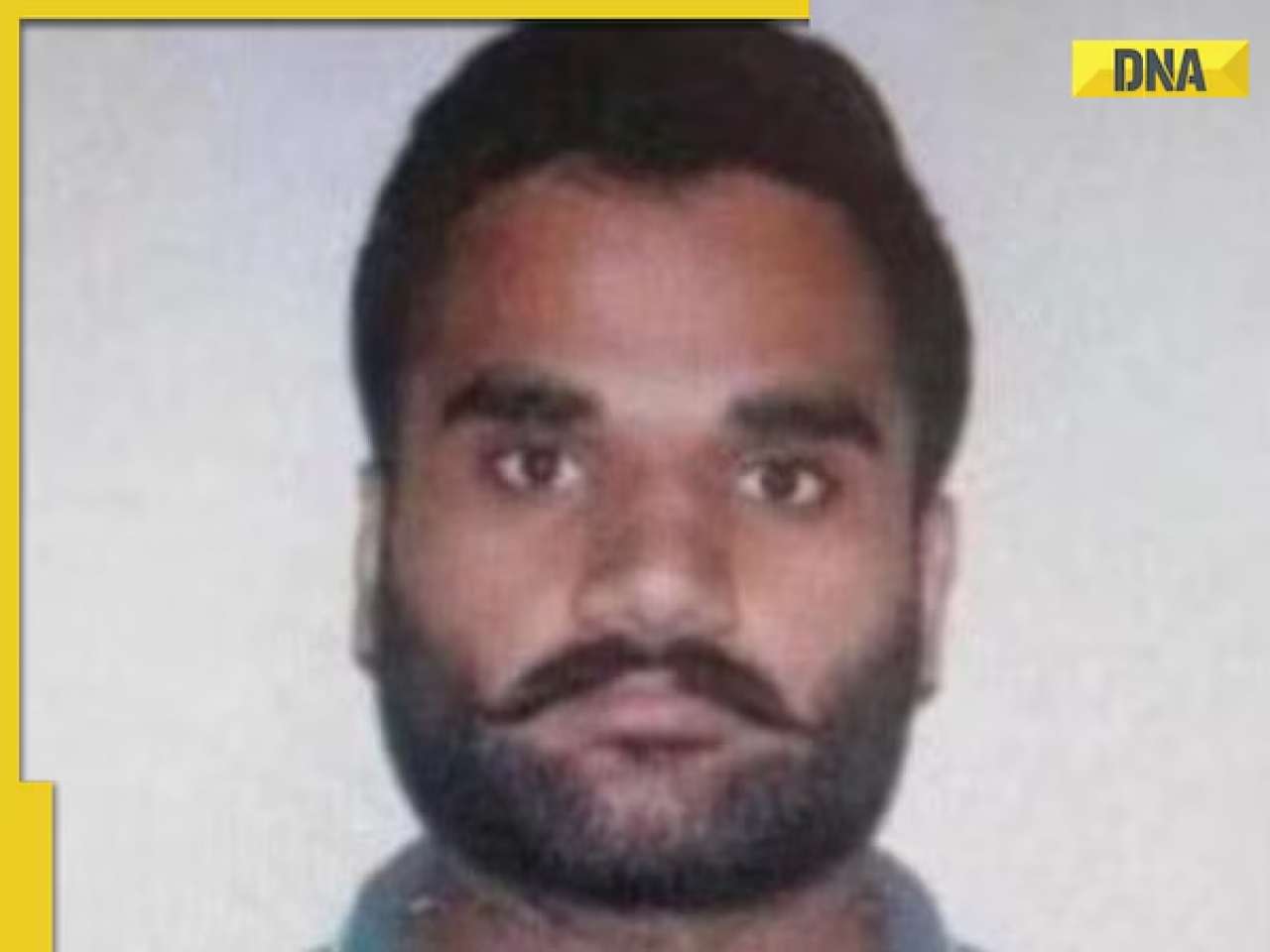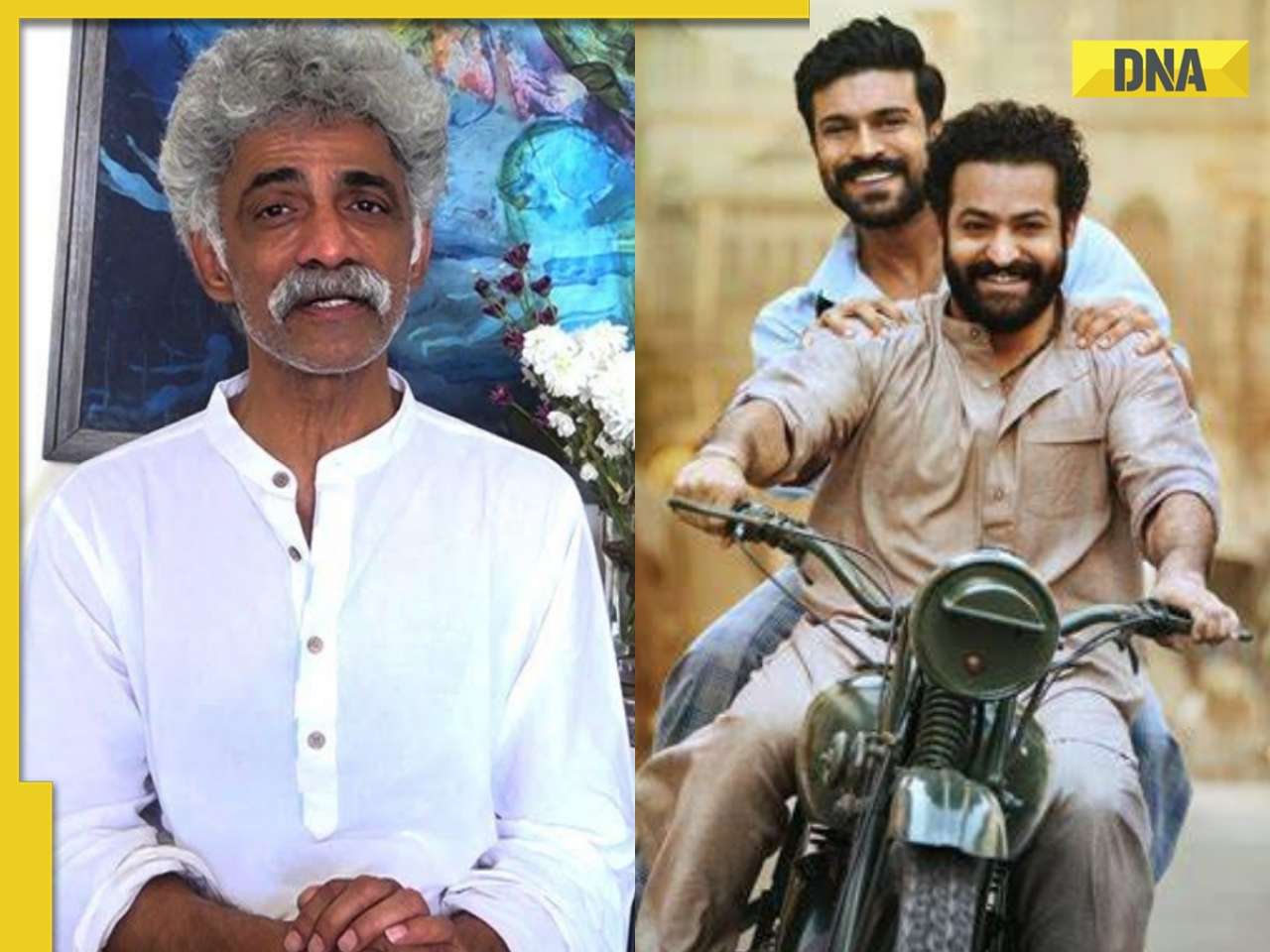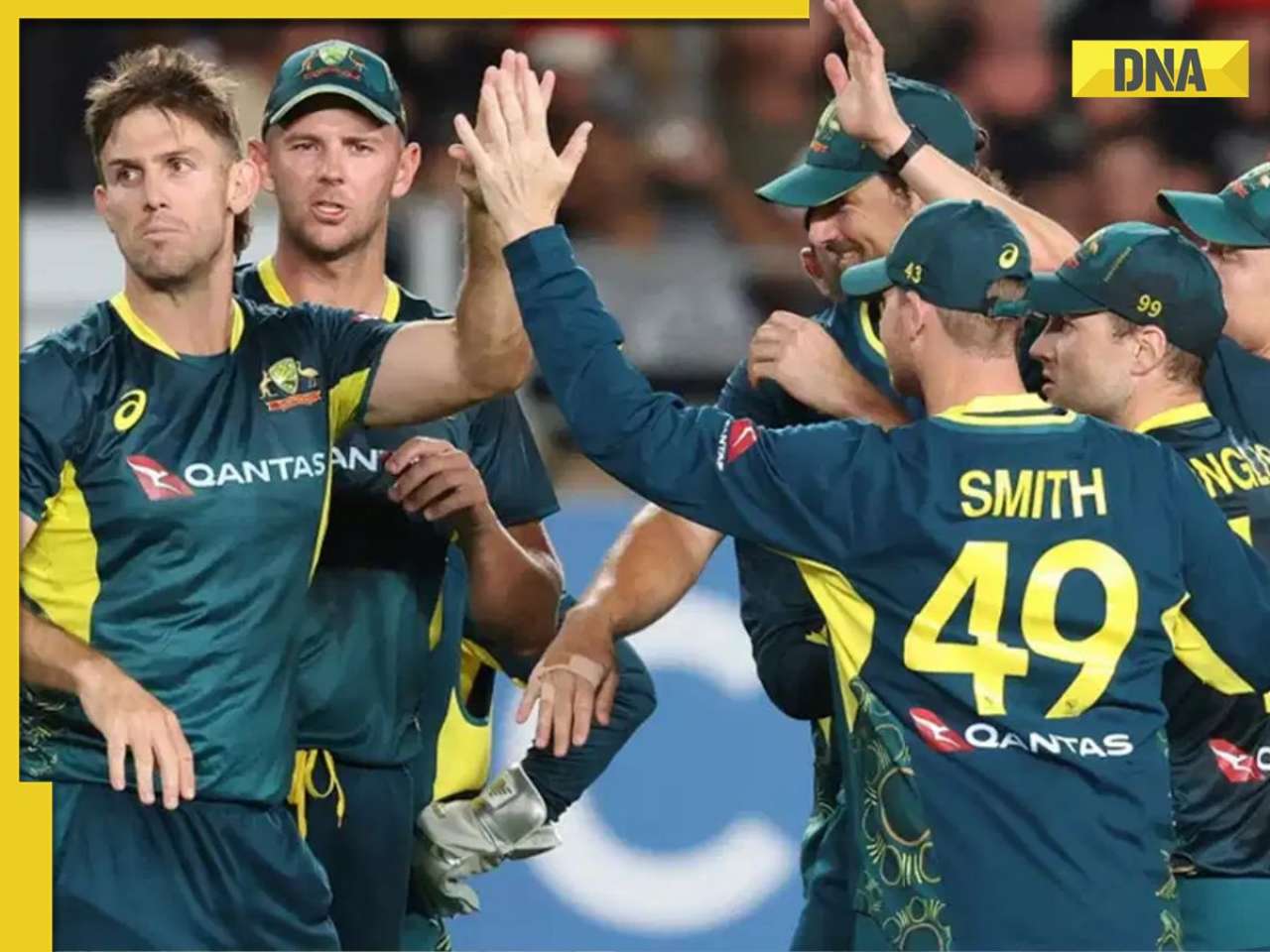The commission also plans to get in a group of interns to go through the suggestions, finalise them and feed it to the commission.
The planning commission proposes to launch a website shortly inviting for suggestions from individuals and organisations on the approach to the 12th Five Year Plan, deputy chairman of planning commission Dr Montek Singh Ahluwalia said in Bangalore today.
"We will be launching it shortly, probably next week", Ahluwalia said during a lecture titled "Challenges in the 12th Plan", organised to mark the 83rd birthday of former Union minister and Member of Karnataka legislative council MV Rajasekharan.
The aim of launching the website was to create a mechanism to ensure people's participation in chalking out the next five year plan by inviting suggestions from individuals, civil organisations, representatives and groups to comment on various new emerging dimensions.
"Sometimes, some of the very good suggestions came from very young people", he said.
The commission also plans to get in a group of interns to go through the suggestions, finalise them and feed it to the commission, he said.
"We have just begun thinking about the 12th plan. We have just begun the process of identifying the challenges", he said.
The mantra of the 11th plan was inclusive growth and that would continue as inclusive growth cannot be sought to be achieved in just a single plan. Inclusive growth was complex and multi-dimensional. "When one dimension was addressed another surfaced", he said.
The commission would reflect on the achievements and what needs to be corrected, he said.
He said India from being `growth laggards' two decades ago was now emerging as the second fastest growing country among the major nations in the emerging markets. Despite perceptions by some that the poor were getting poorer and rich richer, he said there were no statistical evidence to prove it.
The poor were also benefiting from growth, he maintained. The issue often was that the expectations were far ahead of what was being delivered, he said.
Ahluwalia said that the midterm appraisal of the 11th plan had also revealed that the even erstwhile 'Bimaru states' that were lagging behind growth had also begun showing signs of growth and sometimes accelerated growth.
Ahluwalia said the challenges in the 12th plan was to define some issues, including what would be the role of the centre and state. Would the centre restrict itself to merely channelising money to states and leave it to the states to decide utilisation of he resources as propagated by some were some of the issues that would have to be addressed.
"How do we establish accountability" was a crucial issue in face of allegations that some of the resources channeled through the centre were being misused by state or unutilised. Currently, the centre had little punitive actions that could be taken if the money was not spend.
The centrally-sponsored schemes through which resources are now channelised aims at providing some broad guidelines for states to follow to ensure some control. "The challenge in the 12th plan would be to ensure the implementation of these schemes on ground level were more effective", he said.
"How do we get more effective transfer of responsibility to the local level" was the challenge it faced. The challenge also lay in how to ensure that people participated and that local bodies delivered.
Raising the current level of agricultural growth to at least 4% was another major challenge. Raising agricultural productivity per person using current technology and inputs was a major issue.
How do we expand industrial employment was another challenge. China currently dominated in areas of labour intensive industries like garments and shoes but soon China would vacate it when rising income make it non-competitive, he said.
"Who would fill these gaps. Are we going to miss the bus", he asked, he said, adding, there was no progress at all in liberalising labour laws in the country.
With India set to be becoming more urbanised, the challenge was in ensuring governance of these cities. Most state governments are not ready tor face the issue of increased urbanisation.
Ensuring energy and water efficiency were other challenges. "Energy constraints in India are going to be big" and discussing fair and sensible approach as to how to exploit resources would have to be addressed.
Designing policies that encourage energy efficiency was a challenge. Setting up an integrated water policy that bring in legal issue including property rights about water would be crucial going forward, he said.
![submenu-img]() Big update on Pakistan's first-ever Moon mission and it has this China connection...
Big update on Pakistan's first-ever Moon mission and it has this China connection...![submenu-img]() 2024 Maruti Suzuki Swift officially teased ahead of launch, bookings open at price of Rs…
2024 Maruti Suzuki Swift officially teased ahead of launch, bookings open at price of Rs…![submenu-img]() 'Kyun bhai kyun?': Sheezan Khan slams actors in Sanjay Leela Bhansali's Heeramandi, says 'nobody could...'
'Kyun bhai kyun?': Sheezan Khan slams actors in Sanjay Leela Bhansali's Heeramandi, says 'nobody could...'![submenu-img]() Meet Jai Anmol, his father had net worth of over Rs 183000 crore, he is Mukesh Ambani’s…
Meet Jai Anmol, his father had net worth of over Rs 183000 crore, he is Mukesh Ambani’s…![submenu-img]() Shooting victim in California not gangster Goldy Brar, accused of Sidhu Moosewala’s murder, confirm US police
Shooting victim in California not gangster Goldy Brar, accused of Sidhu Moosewala’s murder, confirm US police![submenu-img]() DNA Verified: Is CAA an anti-Muslim law? Centre terms news report as 'misleading'
DNA Verified: Is CAA an anti-Muslim law? Centre terms news report as 'misleading'![submenu-img]() DNA Verified: Lok Sabha Elections 2024 to be held on April 19? Know truth behind viral message
DNA Verified: Lok Sabha Elections 2024 to be held on April 19? Know truth behind viral message![submenu-img]() DNA Verified: Modi govt giving students free laptops under 'One Student One Laptop' scheme? Know truth here
DNA Verified: Modi govt giving students free laptops under 'One Student One Laptop' scheme? Know truth here![submenu-img]() DNA Verified: Shah Rukh Khan denies reports of his role in release of India's naval officers from Qatar
DNA Verified: Shah Rukh Khan denies reports of his role in release of India's naval officers from Qatar![submenu-img]() DNA Verified: Is govt providing Rs 1.6 lakh benefit to girls under PM Ladli Laxmi Yojana? Know truth
DNA Verified: Is govt providing Rs 1.6 lakh benefit to girls under PM Ladli Laxmi Yojana? Know truth![submenu-img]() Remember Heyy Babyy's cute 'Angel' Juanna Sanghvi? 20 year-old looks unrecognisable now, fans say 'her comeback will...'
Remember Heyy Babyy's cute 'Angel' Juanna Sanghvi? 20 year-old looks unrecognisable now, fans say 'her comeback will...'![submenu-img]() In pics: Arti Singh stuns in red lehenga as she ties the knot with beau Dipak Chauhan in dreamy wedding
In pics: Arti Singh stuns in red lehenga as she ties the knot with beau Dipak Chauhan in dreamy wedding![submenu-img]() Actors who died due to cosmetic surgeries
Actors who died due to cosmetic surgeries![submenu-img]() See inside pics: Malayalam star Aparna Das' dreamy wedding with Manjummel Boys actor Deepak Parambol
See inside pics: Malayalam star Aparna Das' dreamy wedding with Manjummel Boys actor Deepak Parambol ![submenu-img]() In pics: Salman Khan, Alia Bhatt, Rekha, Neetu Kapoor attend grand premiere of Sanjay Leela Bhansali's Heeramandi
In pics: Salman Khan, Alia Bhatt, Rekha, Neetu Kapoor attend grand premiere of Sanjay Leela Bhansali's Heeramandi![submenu-img]() DNA Explainer: Why Harvey Weinstein's rape conviction was overturned, will beleaguered Hollywood mogul get out of jail?
DNA Explainer: Why Harvey Weinstein's rape conviction was overturned, will beleaguered Hollywood mogul get out of jail?![submenu-img]() What is inheritance tax?
What is inheritance tax?![submenu-img]() DNA Explainer: What is cloud seeding which is blamed for wreaking havoc in Dubai?
DNA Explainer: What is cloud seeding which is blamed for wreaking havoc in Dubai?![submenu-img]() DNA Explainer: What is Israel's Arrow-3 defence system used to intercept Iran's missile attack?
DNA Explainer: What is Israel's Arrow-3 defence system used to intercept Iran's missile attack?![submenu-img]() DNA Explainer: How Iranian projectiles failed to breach iron-clad Israeli air defence
DNA Explainer: How Iranian projectiles failed to breach iron-clad Israeli air defence![submenu-img]() 'Kyun bhai kyun?': Sheezan Khan slams actors in Sanjay Leela Bhansali's Heeramandi, says 'nobody could...'
'Kyun bhai kyun?': Sheezan Khan slams actors in Sanjay Leela Bhansali's Heeramandi, says 'nobody could...'![submenu-img]() Meet actress who once competed with Aishwarya Rai on her mother's insistence, became single mother at 24, she is now..
Meet actress who once competed with Aishwarya Rai on her mother's insistence, became single mother at 24, she is now..![submenu-img]() Makarand Deshpande says his scenes were cut in SS Rajamouli’s RRR: ‘It became difficult for…’
Makarand Deshpande says his scenes were cut in SS Rajamouli’s RRR: ‘It became difficult for…’![submenu-img]() Meet 70s' most daring actress, who created controversy with nude scenes, was rumoured to be dating Ratan Tata, is now...
Meet 70s' most daring actress, who created controversy with nude scenes, was rumoured to be dating Ratan Tata, is now...![submenu-img]() Meet superstar’s sister, who debuted at 57, worked with SRK, Akshay, Ajay Devgn; her films earned over Rs 1600 crore
Meet superstar’s sister, who debuted at 57, worked with SRK, Akshay, Ajay Devgn; her films earned over Rs 1600 crore![submenu-img]() IPL 2024: Spinners dominate as Punjab Kings beat Chennai Super Kings by 7 wickets
IPL 2024: Spinners dominate as Punjab Kings beat Chennai Super Kings by 7 wickets![submenu-img]() Australia T20 World Cup 2024 squad: Mitchell Marsh named captain, Steve Smith misses out, check full list here
Australia T20 World Cup 2024 squad: Mitchell Marsh named captain, Steve Smith misses out, check full list here![submenu-img]() SRH vs RR, IPL 2024: Predicted playing XI, live streaming details, weather and pitch report
SRH vs RR, IPL 2024: Predicted playing XI, live streaming details, weather and pitch report![submenu-img]() SRH vs RR IPL 2024 Dream11 prediction: Fantasy cricket tips for Sunrisers Hyderabad vs Rajasthan Royals
SRH vs RR IPL 2024 Dream11 prediction: Fantasy cricket tips for Sunrisers Hyderabad vs Rajasthan Royals ![submenu-img]() IPL 2024: Marcus Stoinis, Mohsin Khan power Lucknow Super Giants to 4-wicket win over Mumbai Indians
IPL 2024: Marcus Stoinis, Mohsin Khan power Lucknow Super Giants to 4-wicket win over Mumbai Indians![submenu-img]() Viral video: Man's 'peek-a-boo' moment with tiger sends shockwaves online, watch
Viral video: Man's 'peek-a-boo' moment with tiger sends shockwaves online, watch![submenu-img]() Viral video: Desi woman's sizzling dance to Jacqueline Fernandez’s ‘Yimmy Yimmy’ burns internet, watch
Viral video: Desi woman's sizzling dance to Jacqueline Fernandez’s ‘Yimmy Yimmy’ burns internet, watch![submenu-img]() Viral video: Men turn car into mobile swimming pool, internet reacts
Viral video: Men turn car into mobile swimming pool, internet reacts![submenu-img]() Meet Youtuber Dhruv Rathee's wife Julie, know viral claims about her and how did the two meet
Meet Youtuber Dhruv Rathee's wife Julie, know viral claims about her and how did the two meet![submenu-img]() Viral video of baby gorilla throwing tantrum in front of mother will cure your midweek blues, watch
Viral video of baby gorilla throwing tantrum in front of mother will cure your midweek blues, watch













































)
)
)
)
)
)